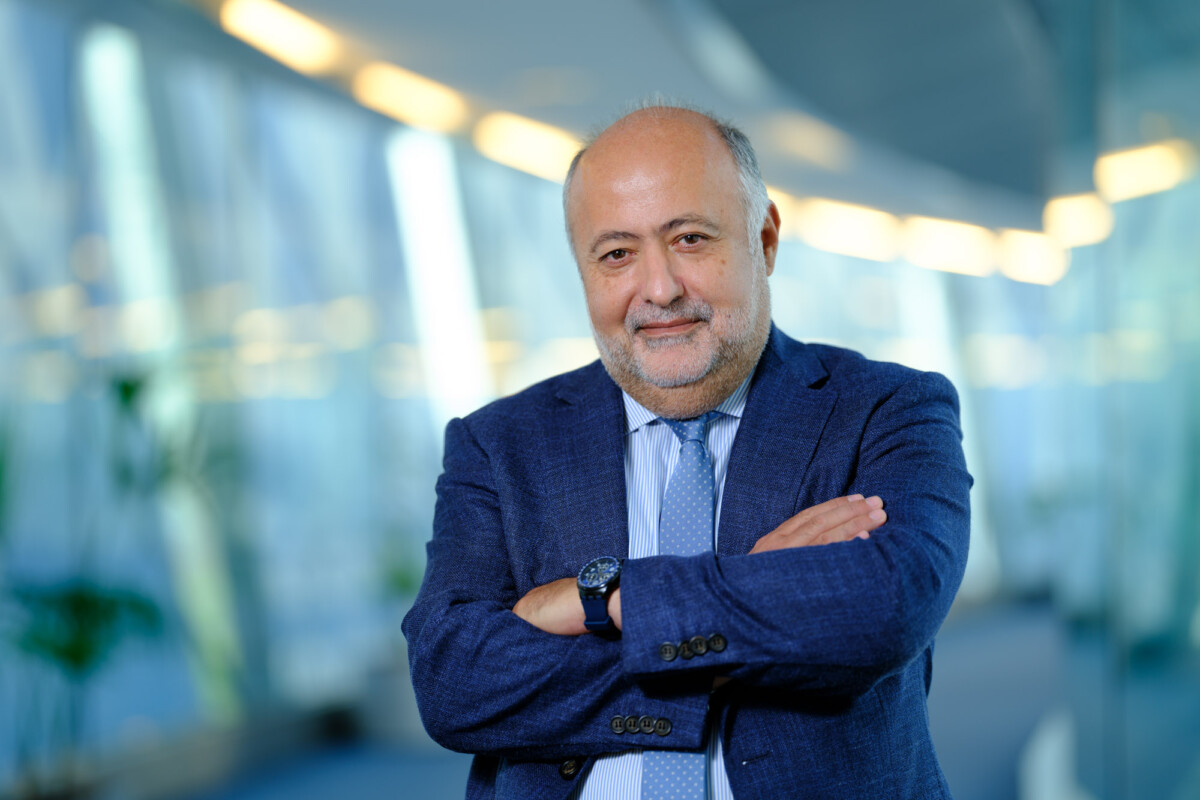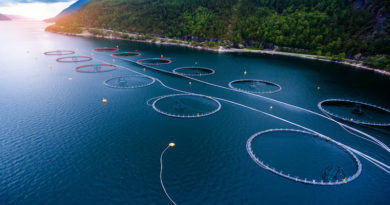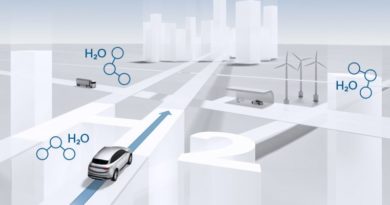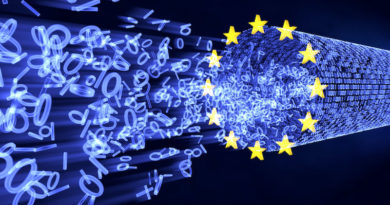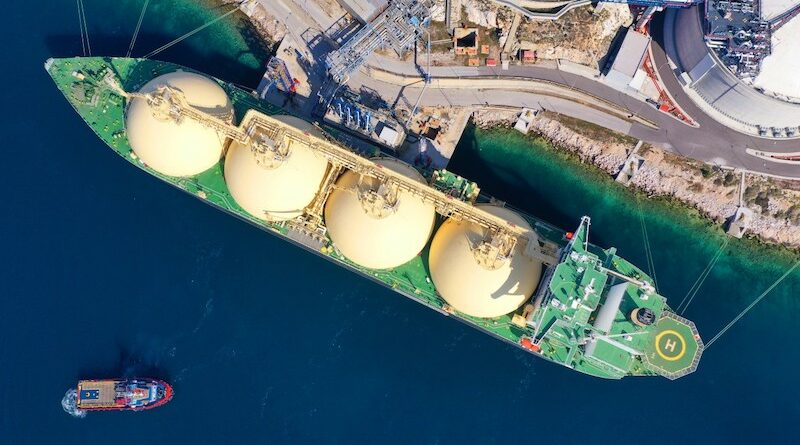
Enhancing Energy Supply Security in Europe: Greece’s Strategic Role as a Key Energy Hub
The global energy landscape is undergoing profound changes, driven by shifting geopolitical dynamics, climate challenges, and rapid technological advancements. In particular, the 2022 energy crisis, triggered by Russia’s invasion in Ukraine, placed energy security at the forefront of the EU political agenda, accelerating efforts to reduce its dependence on imported fossil fuels and protect European consumers from volatile energy prices. At this critical juncture, Europe must strike a balance between energy security, competitiveness, and decarbonisation.
While the EU has set ambitious targets to decarbonise its energy sector, these goals must align with the need for stable, secure, and affordable energy supplies. Additionally, the urgency of completing a fully integrated internal energy market has never been more prominent.
The Affordable Energy Action Plan, presented by the European Commission in February 2025, outlines an ambitious framework to advance the Energy Union, with the internal energy market already generating €34 billion annually in benefits, which could potentially increasing to €43 billion per year by 2030 with further integration. A truly integrated and competitive internal energy market not only needs a common regulatory framework but also significant investment in cross-border interconnectivity. Studies suggest that investing €2 billion annually in cross-border networks could yield €5 billion euros in benefits per year for European citizens. However, the internal energy market remains fragmented, with national energy grids often operating in isolation. To overcome these challenges, expanding interconnections between national energy grids is essential for reducing energy shortages, mitigating price disparities, and improving the efficiency of energy distribution across Europe.
Greece, with its advanced energy infrastructure, growing LNG capacity, and expanding renewable energy projects, is reinforcing its position as an energy gateway for Europe.
As the EU accelerates its efforts to diversify energy sources and reduce dependence on Russian gas, Greece at the intersection of Europe, the Middle East, Africa, and Asia has emerged as a key energy hub, facilitating the transit of natural gas, electricity, and renewable energy to European markets. By enhancing interconnectivity and supporting energy diversification, Greece is not only strengthening regional security but also shaping Europe’s transition towards a more sustainable, resilient, and independent energy future. As the continent navigates evolving challenges related to energy production and supply, the clean energy transition remains essential to ensuring sustainable, secure and affordable energy for both businesses and citizens. The future energy security architecture must integrate renewable energy sources, such as wind, solar, and hydroelectric power, as well as low-carbon gases like hydrogen and biomethane fostering a greener and more resilient energy system. In this context, regions with high potential for renewable electricity generation will be pivotal in shaping Europe’s energy future. Among them, the Mediterranean basin holds strategic importance. A notable example is the Greece-Egypt Interconnector (GREGY), a project designed to transport 100% green energy from Egypt to Greece, and ultimately to European markets. Recognized as an EU Project of Common Interest, it is expected to be operational by 2030.
The European Commission established a Gas Market Task Force to comprehensively action to address vulnerabilities in the EU gas market, to scrutinise EU natural gas markets and, where necessary, take actions to strengthen them.
This initiative was propelled by a letter sent by Greek Prime Minister Kyriakos Mitsotakis to European Commission President Ursula von der Leyen, calling for decisive action. Another critical initiative is the Gas Interconnector Greece-Bulgaria (IGB), inaugurated in October 2022. This interconnector has already strengthened energy diversification in Southeast Europe, facilitating the integration of new energy sources, such as liquefied natural gas (LNG). Furthermore, the operation of the first Greek Floating Storage and Regasification Unit (FSRU) in Alexandroupolis in October 2024 marks an important milestone in the country’s enhanced regional energy role. Energy security and resilience remains among the EU’s most pressing challenges of our time, requiring a multifaceted approach that prioritises diversification of energy sources to reduce dependence on volatile imports, technological innovation to enhance energy efficiency and sustainability, and strategic infrastructure investments to strengthen cross-border energy grids. By focusing on these key elements, Europe can maintain both the quantitative and qualitative security of its energy supply, reduce vulnerabilities, and secure a sustainable, low-carbon energy future for generations to come. Greece is ready to contribute to reach these objectives.

